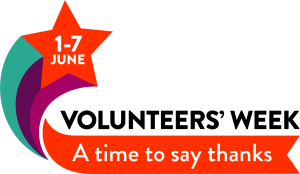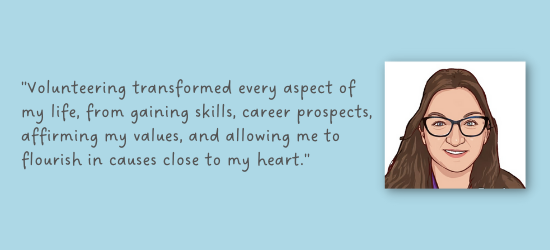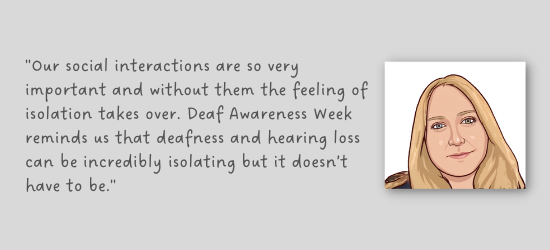Volunteering
Written by Beth
People volunteer to look after their wellbeing or get themselves through a hard time. Some people volunteer to give something back to their community, and others to gain some experience. Whatever the reason, the mutual factor is that someone, somewhere, or something will benefit from the volunteering.
Volunteering is something that has inspired me throughout my life. Losing both my grandparents to cancer encouraged me to volunteer with Cancer Research at the age of 14. The cause was close to my heart and after spending two years volunteering, I learnt much about the sense of responsibility and the importance of the type of work that I was doing. The store manager attended my school with a surprise to show appreciation for the fact that I had raised over £100,000 in my time with them. This created a big impression on me and provided a platform for many more years of volunteering.
At the age of 18 I joined a community-based charity and took the opportunity to learn about youth homelessness, mental health, and regeneration. As part of the initiative, I brought back the knowledge and resources to Bradford and delivered this in a series of workshops in schools with other young people. The scheme gave me the opportunity to lead a team and gain many practical skills. I felt an immense sense of ownership, acceptance and confidence, and to this day feel that participating in this activity set up purpose and direction in my life.
Going to college and university led me to working with a health and wellbeing charity in community development. Undoubtedly the experiences of my teen years carved this path but my passion for volunteering and giving back did not quite stop here.
I embarked on the biggest volunteering ambition to date, enrolling on a volunteer programme with ICS to deliver community development projects in Zambia. Before even boarding a plane I rolled up my sleeves and spent a few months raising money to fund the project. Touching down in Zambia was all hands-on deck from the first day. Over three months I got involved with a broad range of activities including the running of the village school and youth centre and setting up HIV testing. There were plenty of fun activities, like being involved with the football team, decorating the youth centre and participating in a fun day.
Doing good and serving mankind were at the heart of my goals when setting out on this journey, and I can quite confidently say that I’ve made a positive difference to the lives of others, as well my own. The value and care of the surroundings and the community I served undoubtedly shaped me and made me the person that I am today. Volunteering transformed every aspect of my life, from gaining skills, career prospects, affirming my values and allowing me to flourish in causes close to my heart.
I believe that volunteering is the backbone of society as it provides so much value to those in need. I’m a firm believer that many organisations, charities and events simply cannot take place without volunteers.
Find out more about The Cellar Trust’s volunteering opportunities here.




